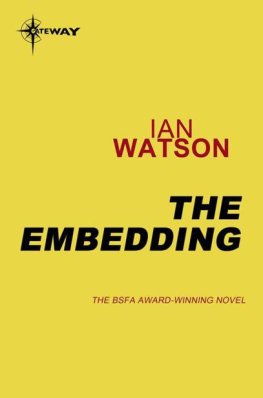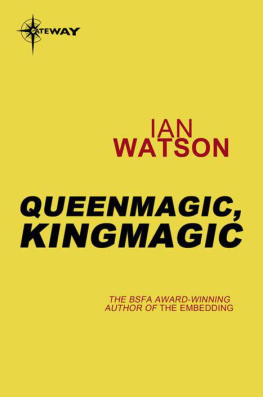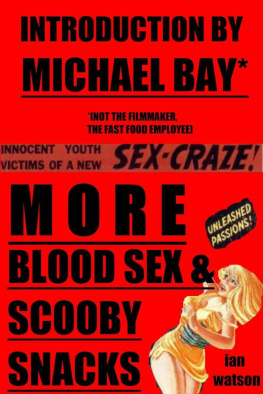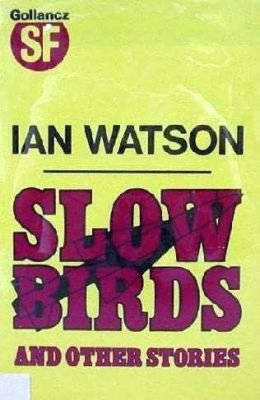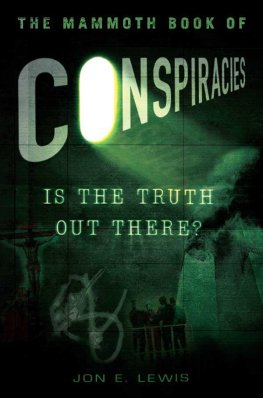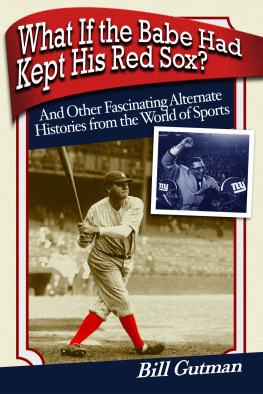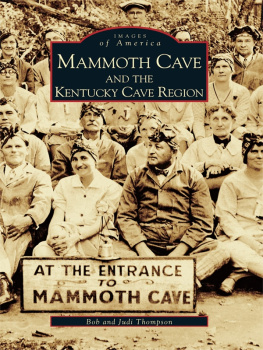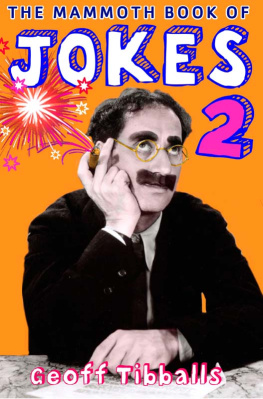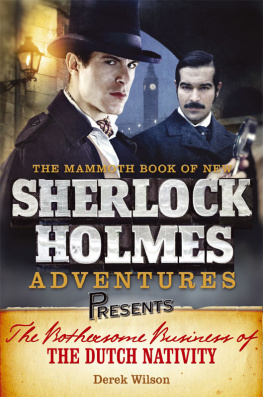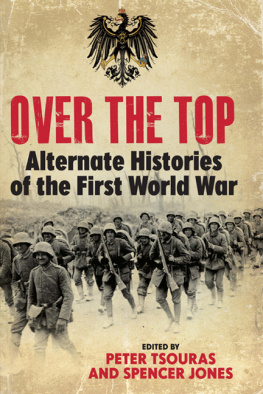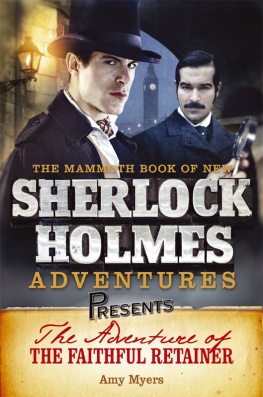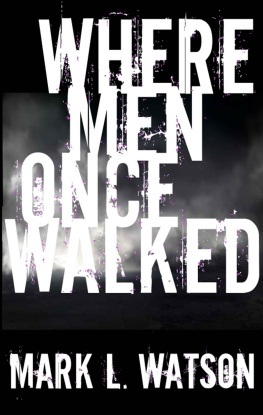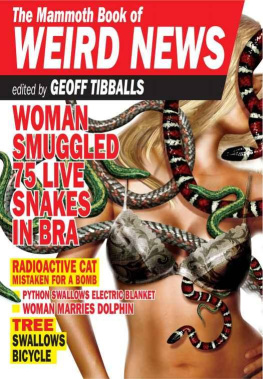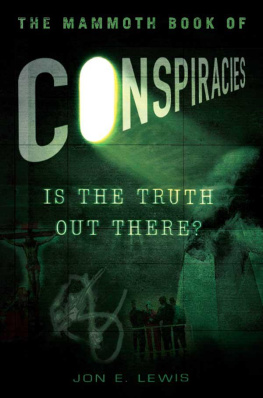Ian Watson - The Mammoth Book of Alternate Histories
Here you can read online Ian Watson - The Mammoth Book of Alternate Histories full text of the book (entire story) in english for free. Download pdf and epub, get meaning, cover and reviews about this ebook. genre: History. Description of the work, (preface) as well as reviews are available. Best literature library LitArk.com created for fans of good reading and offers a wide selection of genres:
Romance novel
Science fiction
Adventure
Detective
Science
History
Home and family
Prose
Art
Politics
Computer
Non-fiction
Religion
Business
Children
Humor
Choose a favorite category and find really read worthwhile books. Enjoy immersion in the world of imagination, feel the emotions of the characters or learn something new for yourself, make an fascinating discovery.

- Book:The Mammoth Book of Alternate Histories
- Author:
- Genre:
- Rating:3 / 5
- Favourites:Add to favourites
- Your mark:
- 60
- 1
- 2
- 3
- 4
- 5
The Mammoth Book of Alternate Histories: summary, description and annotation
We offer to read an annotation, description, summary or preface (depends on what the author of the book "The Mammoth Book of Alternate Histories" wrote himself). If you haven't found the necessary information about the book — write in the comments, we will try to find it.
The Mammoth Book of Alternate Histories — read online for free the complete book (whole text) full work
Below is the text of the book, divided by pages. System saving the place of the last page read, allows you to conveniently read the book "The Mammoth Book of Alternate Histories" online for free, without having to search again every time where you left off. Put a bookmark, and you can go to the page where you finished reading at any time.
Font size:
Interval:
Bookmark:
The Raft of the Titanic
James Morrow
15 April 1912
Lat. 4025 N, Long. 51 18 W
The sea is calm tonight. Where does that come from? Some Oxbridge swots poem, I think, one of those cryptic things I had to read in tenth form - but the title hasnt stayed with me, and neither has the scribblers name. If you want a solid education in English letters, arrange to get born elsewhere than Walton-on-the-Hill. The sea is calm tonight. I must ask our onboard litterateur, Mr Futrelle of Massachusetts. He will know.
We should have been picked up - what? - fourteen hours ago. Certainly no more than sixteen. Our Marconi men, Phillips and Bride, assure me that Captain Rostron of the Carpathia acknowledged the Titanics CQD promptly, adding, We are coming as quickly as possible and expect to be there within four hours. Since the Ship of Dreams sailed into the Valley of Death, sometime around 2.20 this morning, we have drifted perhaps fifteen miles to the southwest. Surely Rostron can infer our present position. So where the bloody hell is he?
Now darkness is upon us once again. The mercury is falling. I scan the encircling horizon for the Carpathians lights, but I see only a cold black sky sown with a million apathetic stars. In a minute I shall order Mr Lightoller to launch the last of our distress rockets, even as I ask Reverend Bateman to send up his next emergency prayer.
For better or worse, Captain Smith insisted on doing the honourable thing and going down with his ship. (That is, he insisted on doing the honourable thing and shooting himself, thereby guaranteeing that his remains would go down with his ship.) His gesture has left me en passant in command of the present contraption. I suppose I should be grateful. At long last I have a ship of my own, if you can call this jerry-built, jury-rigged raft a ship. Have the other castaways accepted me as their guardian and keeper? I cant say for sure. Shortly after dawn tomorrow, I shall address the entire company, clarifying that I am legally in charge and have a scheme for our deliverance, though that second assertion will require of the truth a certain elasticity, as a scheme for our deliverance has not yet visited my imagination.
I count it a bloody miracle that we got so many souls safely off the foundering liner. The Lord and all His angels were surely watching over us. So far we have accumulated only nineteen corpses: a dozen deaths during the transfer operation - shock, heart attacks, misadventure - and then another seven, shortly after sunrise, from hypothermia and exposure. Grim statistics, to be sure, but far better than the thousand or so fatalities that would have occurred had we not embraced Mr Andrews audacious plan.
Foremost amongst my immediate obligations is to start keeping a record of our tribulations. So here I sit, pen in one hand, electric torch in the other. By maintaining a sort of captains log, I might actually start to feel like a captain, though at the moment I feel like plain old Henry Tingle Wilde, the Scouser who never got out of Liverpool. The sea is calm tonight.
* * * *
16 April 1912
Lat. 3919 N, Long. 5140 W
When I told the assembled company that, by every known maritime code, I am well and truly the supreme commander of this vessel, a strident voice rose in protest: Vasil Plotcharsky from steerage, who called me a bourgeois lackey in thrall to that imperialist monstrosity known as White Star Line. (Ill have to keep an eye on Plotcharsky. I wonder how many other Bolsheviks the Titanic carried?) But on the whole my speech was well received. Hearing that Id christened our raft the Ada, after my late wife, who died tragically two years ago, my audience responded with respectful silence, then Father Byles piped up and said, so all could hear, Right now that dear woman is looking down from heaven, exhorting us not to lose faith.
My policy concerning the nineteen bodies in the stern proved more controversial. A contingent of first-cabin survivors led by Colonel Astor insisted that we give them an immediate Christian burial at sea, whereupon my first officer explained to the aristocrats that the corpses may ultimately have their part to play in this drama. Mr Lightollers prediction occasioned horrified gasps and indignant snorts, but nobody moved to push these frigid assets overboard.
This afternoon I ordered a complete inventory, a good way to keep our company busy. Before floating away from the disaster site, we salvaged about a third of the buoyant containers Mr Latimers stewards had tossed into the sea: wine casks, beer barrels, cheese crates, bread boxes, foot-lockers, duffel bags, toilet kits. Had there been a moon on Sunday night, we might have recovered this jetsam in toto. Of course, had there been a moon, we might not have hit the iceberg in the first place.
The tally is heartening. Assuming that frugality rules aboard the Ada - and it will, so help me God - she probably has enough food and water to sustain her population, all 2,187 of us, for at least ten days. We have two functioning compasses, three brass sextants, four thermometers, one barometer, one anemometer, fishing tackle, sewing supplies, baling wire, and twenty tarpaulins, not to mention the wood-fuelled Franklin stove Mr Lightoller managed to knock together from odd bits of metal.
Yesterdays attempt to rig a sail was a fiasco, but this afternoon we had better luck, improvising a gracefully curving thirty-foot mast from the banister of the grand staircase, then fitting it with a patchwork of velvet curtains, throw rugs, signal flags, mens dinner jackets, and ladies skirts. My mind is clear, my strategy is certain, my course is set. We shall tack towards warmer waters, lest we lose more souls to the demonic cold. If I never see another ice floe or North Atlantic growler in my life, it will be too soon.
* * * *
18 April 1912
Lat. 3711N, Long. 5211 W
Whilst everything is still vivid in my mind, I must set down the story of how the Ada came into being, starting with the collision. I felt the tremor about 11.40 p.m., and by midnight Mr Lightoller was in my cabin, telling me that the berg had sliced through at least five adjacent watertight compartments, possibly six. To the best of his knowledge, the ship was in the last extremity, fated to go down at the head in a matter of hours.
After assigning Mr Moody to the bridge - one might as well put a sixth officer in charge, since the worst had already happened - Captain Smith sent word that the rest of us should gather post-haste in the chartroom. By the time I arrived, at perhaps five minutes past midnight, Mr Andrews, whod designed the Titanic, was already seated at the table, along with Mr Bell, the chief engineer, Mr Hutchinson, the ships carpenter, and Dr OLoughlin, our surgeon. Taking my place beside Mr Murdoch, who had not yet reconciled himself to the fact that my last-minute posting as chief officer had bumped him down to first mate, I immediately apprehended that the ship was lost, so palpable was Captain Smiths anxiety.
Even as we speak, Phillips and Bride are on the job in the wireless shack, trying to raise the Californian, which cant be more than an hour away, the Old Man said. I am sorry to report that her Marconi operator has evidently shut off his rig for the night. However, we have every reason to believe that Captain Rostron of the Carpathia will be here within four hours. If this were the tropics, we would simply put the entire company in life-belts, lower them over the side, and let them bob about waiting to be rescued. But this is the North Atlantic, and the water is twenty-eight degrees Fahrenheit.
After a brief interval in that ghastly gazpacho, the average mortal will succumb to hypothermia, said Mr Murdoch, who liked to lord it over us Scousers with fancy words such as
Next pageFont size:
Interval:
Bookmark:
Similar books «The Mammoth Book of Alternate Histories»
Look at similar books to The Mammoth Book of Alternate Histories. We have selected literature similar in name and meaning in the hope of providing readers with more options to find new, interesting, not yet read works.
Discussion, reviews of the book The Mammoth Book of Alternate Histories and just readers' own opinions. Leave your comments, write what you think about the work, its meaning or the main characters. Specify what exactly you liked and what you didn't like, and why you think so.

